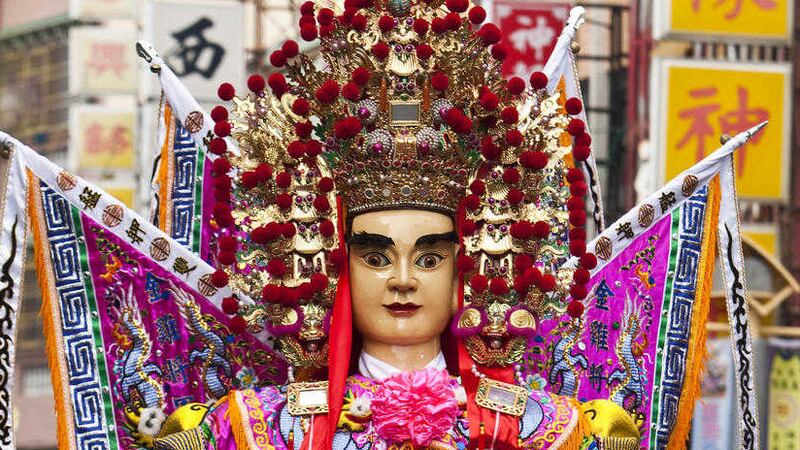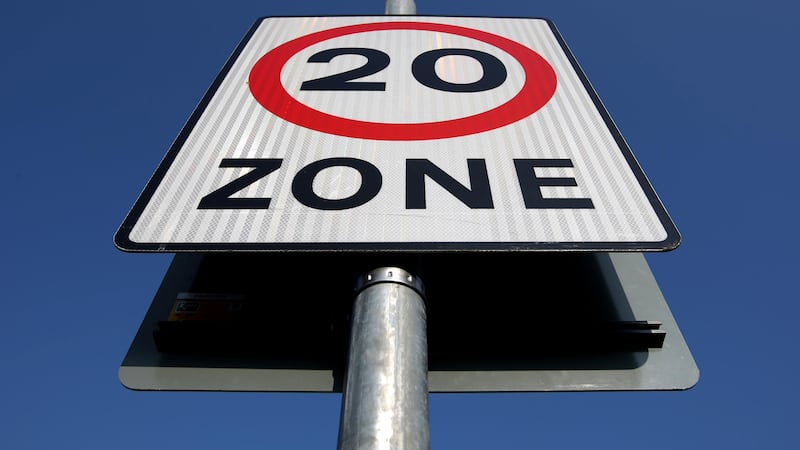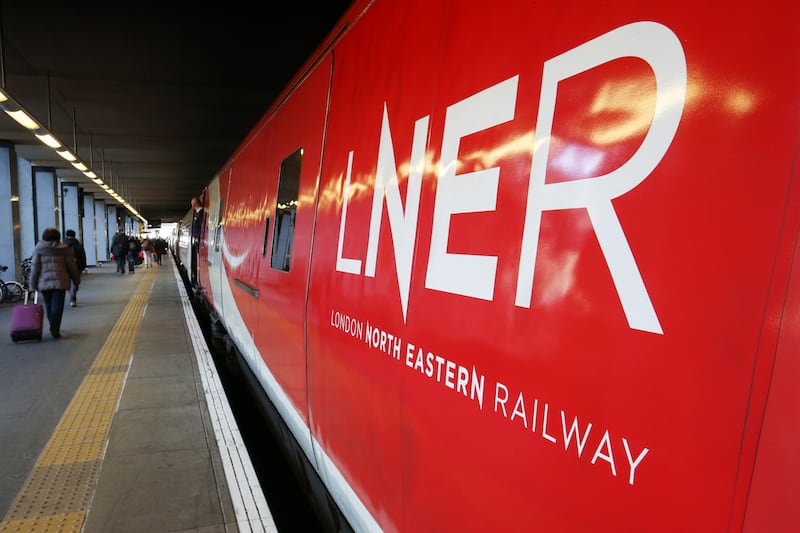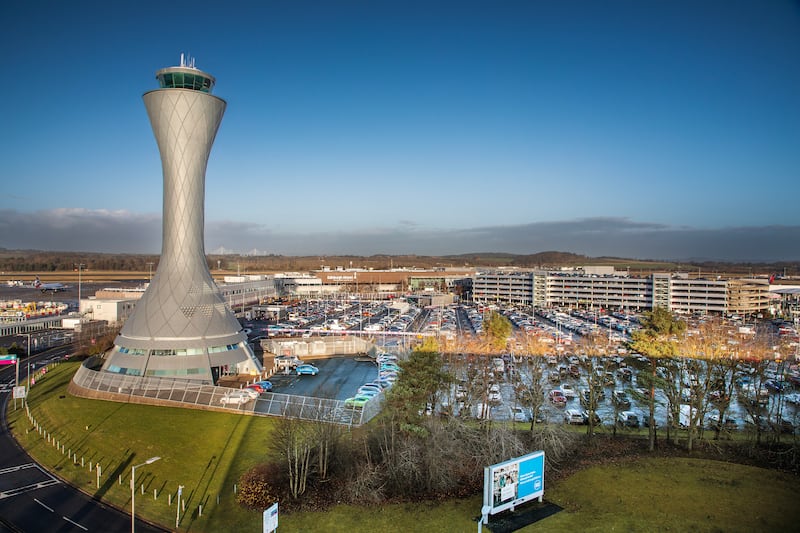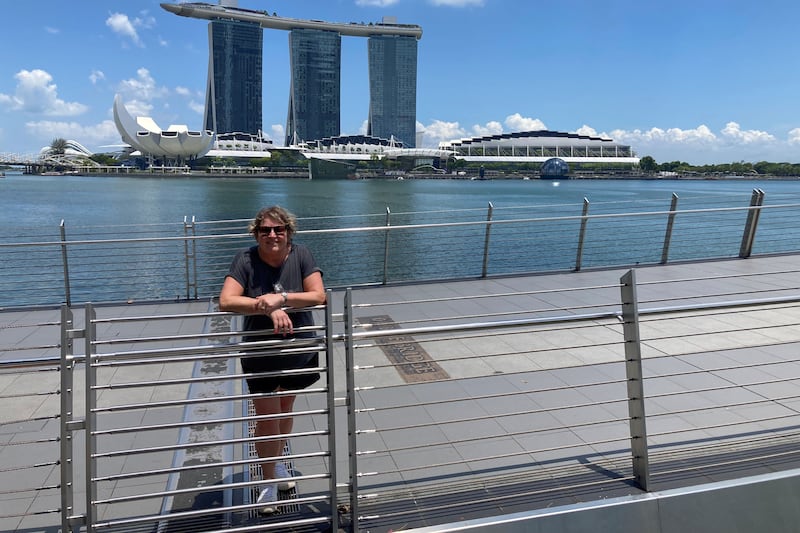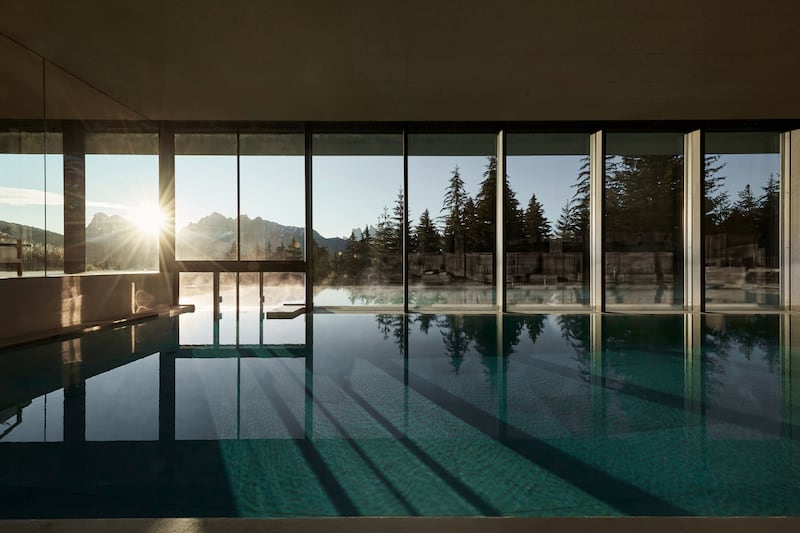TAIWAN is an undiscovered country for most Europeans so it is true to say that the pleasures of a visit there remain largely unknown until experienced first-hand.
The scenery is spectacular, the people amazingly friendly and courteous, art treasures in the capital – not to mention the country’s healthy democracy – surpass anything to be found in China and, when it comes to the literal taste of Taiwan, the food is an unforgettable wake-up call for jaded taste buds.
Much that makes Taiwan unique is inseparable from its recent history, beginning with the 50-year occupation of the country by Japan and then, after the end of the Second World War, the consequences of China’s civil war that brought victory to Mao Zedong in 1949.
The defeated anti-communist forces, the Kuomintang, retreated to Taiwan and the island now flourishes as a country beyond the iron grip of China.
The retreating army brought with them the finest art treasures of Chinese emperors, once held in Beijing’s Forbidden City, and seeing them in Taipei’s National Palace Museum is a highlight of any visit to Taiwan’s capital: exquisite jade carvings, precious silk-screen and watercolour paintings and rare ceramics are all seen on the daily English-language tours.
Taipei is easy to get around and with sights as diverse as the Chiang Kai-Shek Memorial Hall – evoking Tiananmen Square in its size and monumental architecture – and Taipei 101 which for years was the tallest building in the world and designed, I kid you not, to resemble a stalk of bamboo.
Fusing the traditional with the contemporary is what makes Taipei a weird and wonderful city: home to Asus computers and HTC smartphones but also to citizens with a politeness of the heart totally at odds with stereotypes of faceless workers at production lines in electronics factories.
Architecturally, Taipei is a mess but the neighbourhood of Datong has preserved its narrow lanes and old buildings and Dihua Street is a good hunting ground for arts and crafts shops and quality souvenirs: Artyard, 1 Dihua St, has lovely design items for the home
Shopping and eating are best experienced between 6pm and 10pm in the night markets that are to be found in all of Taiwan’s cities. The atmosphere is sociable, no haggling over prices is necessary – tourists are not treated as suckers to be fleeced – and the food stalls are scrupulously hygienic.
In Taipei, Roache Street night market is the place to go: not the largest or best known but next door to the large and colourful Tzu-Yu temple. Pillars by the front gate are guarded by stone lions and adorned with carved dragon patterns while inside stands a bronze tripod for the burning of incense to deities.
The food stalls in Roache Street are ideal for getting acquainted with Taiwanese snacks such as flaky onion pancakes, pepper buns, oyster vermicelli, freshly grilled (with the help of a small blow torch) squid and, a Taipei favourite, danzi mián (a mix of pork, noodles and shrimp or egg).
Don’t be put off by the smell of fermented tofu – it’s called smelly tofu for a reason – it’s yummy when braised and garnished with bamboo shoots and pickled cabbage and you’ll see locals queuing up for it as a takeaway.
Taiwan has splendid landscapes outside the cities and Sun Moon Lake in the centre of the island has a grand lake with trails around it for hiking; bicycles and rowing boats are available for hire, ferries shuttle around slowly and a cable car accesses a high point for panoramic views (avoid weekends, when coachloads of mainland Chinese crowd the place out).
The pristine east coast is a place to travel slowly and the flat land is ideal for cycling. Hiring a car makes more sense here than anywhere else in Taiwan and the main town of Hualien is the best place to do this. Taroko National Park is well worth exploring, as is the coastal road that makes its way past beaches and villages. The east coast has the highest concentration of the indigenous people who inhabited the island for thousands of years before the Chinese arrived.
The country’s bullet trains (up to 330km/hour) are some of the fastest and roomiest in the world and zipping from the capital to the far south of the island (1hr 40min) opens the way to rural Taiwan. Lush mountains and gorgeous scenery flash by from your train windows and when you reach Tainan, the country’s former capital, you are in another world.
Temples are everywhere in Tainan – if you only visit one make it the Confucius Temple – and by the sea in the Amping district there are the remains of a Dutch fort from the early 17th century.
Street stalls and restaurants serve up traditional dishes like coffin bread (thick toast hollowed out to hold vegetables and seafood) and chicken cooked in a small wok on your table.
2016 will be an interesting year to visit Taiwan because a presidential election in January looks likely to see the ousting of the ruling party with its roots in the Kuomintang that fought Mao’s communists.
It looks as if a woman will be the country’s first president, the leader of a party that will inherit a delicate relationship with a superpower, China, which claims Taiwan as its own. Unification seems out of the question but so too does recognition of Taiwan’s independence and in some ways, the nature of future relations between Taiwan and China throws an intriguing light on relations between Northern Ireland and its larger neighbours.
FACT FILE
:: Visas are not needed to visit Taiwan; airlines fly from Dublin and London via Hong Kong, Bangkok and some other cities.
:: Trains and buses connect all parts of the island and in the cities taxis are metered and affordable. Taipei has an excellent Metro system.
:: There is a Taiwan Representative Office in Dublin (00 3531 6785 413); see also taiwan.net.tw The new edition of The Rough Guide to Taiwan is worth reading before your trip and keeping in your luggage. Tour Taiwan is a free app for Android phones.
